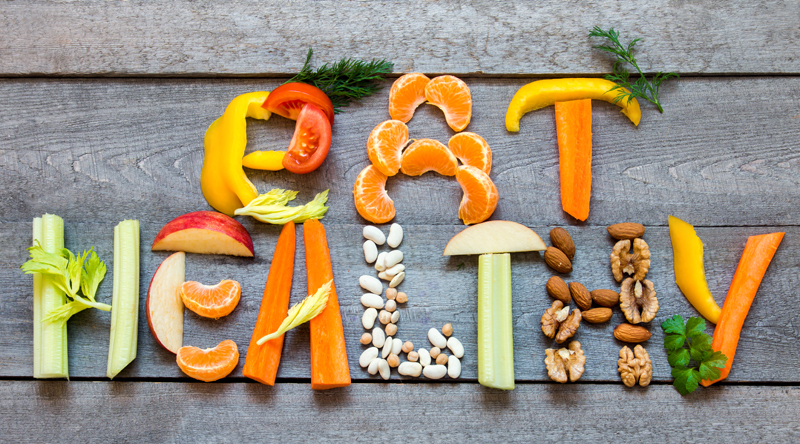There’s one staple that I make sure I never run out of; it’s a nutritional powerhouse, yet it doesn’t get the credit it deserves — step forward the humble egg. I happily eat a couple most days, but a lot of people still treat them with caution.
That’s because eggs had a bit of an image problem for a while — we used to think they raised cholesterol (more on that later), and then they took a further battering when, in 1988, Edwina Currie (as a health minister) said ‘most’ egg production was affected by salmonella. Even though this was incorrect, sales slumped 60 per cent overnight.
But far from being bad for us, eggs pack a nutritional punch above their weight, in a handy, portion-controlled shell.
An egg provides more than 25 per cent of your daily selenium (an antioxidant linked to a reduced risk of cancer); around 20 per cent of your vitamin B12 (which helps counter fatigue); as well as plant compounds such as lutein and zeaxanthin (vital for eye health).
While these nutrients are also found in many vegetables, our bodies absorb them better when they come from an egg — that’s because they’re fat-soluble, meaning they dissolve best in the presence of fat, which is found in yolk, and this enhances absorption.
Eggs are a great source of protein, too.
There is a common misconception that in the UK we have ample protein in our diets — but a lot of older people, in particular, don’t get nearly enough.
A 2020 study of those aged 65 to 89 in the South Yorkshire area found that fewer than 50 per cent were getting the recommended amount of protein a day, i.e. 0.75g per kg of body weight. For an average woman weighing 60kg (9st 6lb) that would mean 45g a day; for an average man weighing 75kg (11st 11lb), it’s 56g. (For context, 100g of cooked chicken breast provides around 30g of protein.)
And the thing is that many people, like me, believe that UK protein guidelines are set too low.
Most international guidelines recommend 1.2g per kg of body weight — and only 15 per cent of those in the South Yorkshire study got anywhere near that kind of intake. Their breakfasts were especially low in protein: a boiled egg is the perfect solution.
One egg has around 6g of protein, meaning a couple a day provide more than a quarter of an average-sized woman’s daily needs.
And the protein in eggs is a complete protein, meaning it contains all the nine essential amino acids needed as building blocks to repair muscles and tissues, as well as to make hormones. The body can’t make these amino acids, they have to come from our diet.
But if you’re over 65, spread your intake throughout the day. Protein needs to be broken down into amino acids and, as you get older, this process slows unless you regularly ‘feed’ it with more protein. It’s a bit like throwing another log on the fire to keep it burning. So if you eat just one protein-rich meal a day, the chances are your body won’t utilise it as effectively.
That’s where eggs come in handy as you can have them as part of a meal or as a snack to boost your intake throughout the day.










